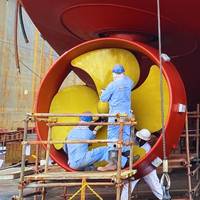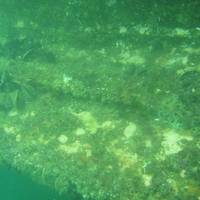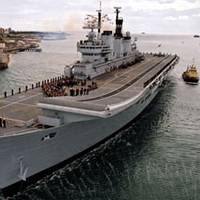Propspeed Receives Type Approval from Bureau Veritas

New Zealand-based Propspeed's underwater foul-release coating system has received type approval from Bureau Veritas following significant third-party testing.Marine materials and equipment certification is the review and testing process that ensures ships’ component parts conform to the technical standards established by regulatory bodies. Bureau Veritas provides certification services for shipyards, suppliers and manufacturers, helping keep ship materials and equipment reliable for shipowners.
Is Tin Returning in Silicone Hull Coatings?

The reemergence of organotin in marine hull coatings is of increasing concern, with academics and environmentalists calling on International Maritime Organization (IMO) to investigate the use of tin in silicone-based foul release systems and other ships hull coatings. While use of the organotin tributyltin (TBT) was outlawed as an active biocide almost 10 years ago, the IMO is claimed to “have left the door open” for tin as a catalyst, but according to some academics the amount of organotin used suggests it could be acting as the active agent. Dr.
Intersleek 900 for UK Navy’s Flagship

The UK’s Ministry of Defence (MoD) has returned to International Paint for more of the latest fuel saving technology, Intersleek 900, for the hull of the UK Navy’s flagship HMS Ark Royal. She is the latest UK MoD vessel to benefit from Intersleek foul release coatings which can cut fuel consumption and reduce emissions. As part of the Ark Royal’s Contractor Support Period at Portsmouth Naval Dockyard in the UK, the 20,600 ton Invincible Class aircraft carrier has had her underwater hull coated with our premium fluoropolymer foul release coating…
CMP Packs Decade of Tin-Free Experience
The International Maritime Authority has proposed a worldwide ban on tri-butyl tin (TBT) based antifouling paints, starting in January 2003. Confirmation of these dates is expected at the IMO diplomatic conference this October. Although some ship operators have already converted to tin-free antifoulings, most ship operators are waiting until the ban is confirmed before they decide a policy on the use of tin-free antifoulings. This is due to cost and performance considerations. It is clear that most ship operators are not informed about the available tin-free technologies and are not aware that there are products, which are equal in performance to TBT-based antifoulings.





